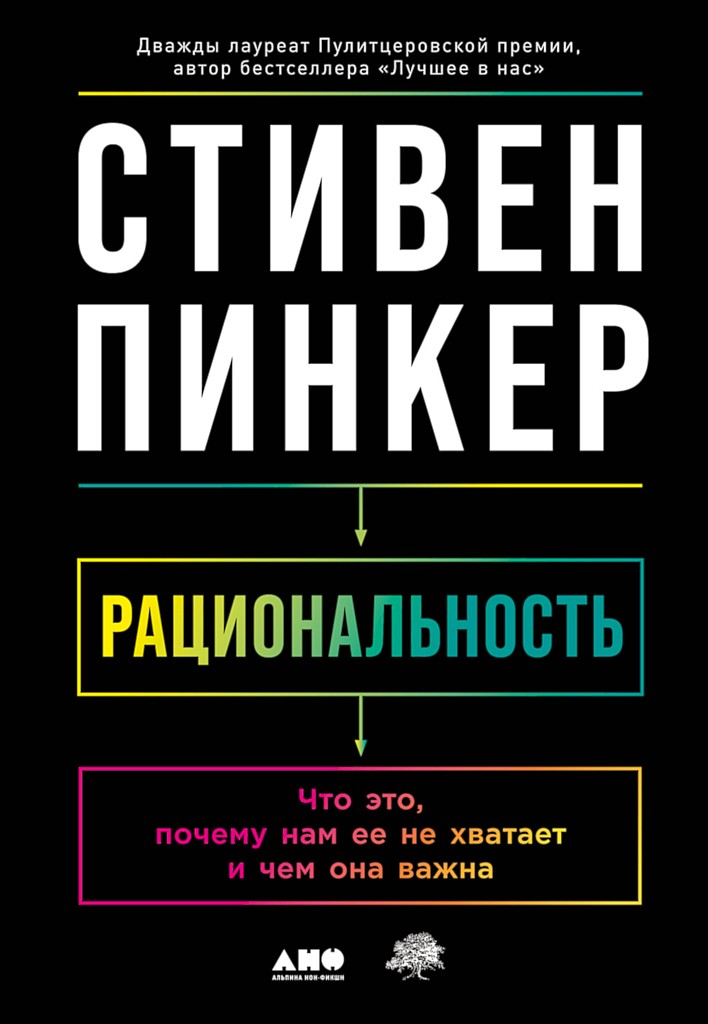war. Miami, FL: HardPress.
Erceg, N., Galić, Z., & Bubić, A. 2019. «Dysrationalia» among university students: The role of cognitive abilities, different aspects of rational thought and self-control in explaining epistemically suspect beliefs. Europe’s Journal of Psychology, 15, 159–75. https://doi.org/10.5964/ejop.v15i1.1696.
Evans, J. St. B. T. 2012. Dual-process theories of deductive reasoning: Facts and fallacies. In K. J. Holyoak & R. G. Morrison, eds., The Oxford Handbook of Thinking and Reasoning. Oxford: Oxford University Press.
Fabrikant, G. 2008. Humbler, after a streak of magic. New York Times, May 11. https://www.nytimes.com/2008/05/11/business/11bill.html.
Federal Aviation Administration. 2016. Pilot’s handbook of aeronautical knowledge. Oklahoma City: US Department of Transportation. https://www.faa.gov/regulations_policies/handbooks_manuals/aviation/phak/media/pilot_hand book.pdf.
Federal Bureau of Investigation. 2019. Crime in the United States, expanded homicide data table 1. https://ucr.fbi.gov/crime-in-the-u.s/2019/crime-in-the-u.s.-2019/tables/expanded-homicide-data-table-1.xls.
Feller, W. 1968. An introduction to probability theory and its applications. New York: Wiley.
Fiddick, L., Cosmides, L., & Tooby, J. 2000. No interpretation without representation: The role of domain-specific representations and inferences in the Wason selection task. Cognition, 77, 1–79. https://doi.org/10.1016/S0010-0277(00)00085-8.
Finkel, E. J., Bail, C. A., Cikara, M., Ditto, P. H., Iyengar, S., et al. 2020. Political sectarianism in America. Science, 370, 533–36. https://doi.org/10.1126/science.abe1715.
Fishkin, J. S. 2011. When the people speak: Deliberative democracy and public consultation. New York: Oxford University Press.
Flaherty, C. 2020. Failure to communicate: Professor suspended for saying a Chinese word that sounds like a racial slur in English. Inside Higher Ed. https://www.insidehighered.com/news/2020/09/08/professor-suspended-saying-chinese-word-sounds-english-slur.
Fodor, J. A. 1968. Psychological explanation: An introduction to the philosophy of psychology. New York: Random House.
Fox, C. 2020. Social media: How might it be regulated? BBC News, Nov. 12. https://www.bbc.com/news/technology-54901083.
Frank, R. H. 1988. Passions within reason: The strategic role of the emotions. New York: W. W. Norton.
Frederick, S. 2005. Cognitive reflection and decision making. Journal of Economic Perspectives, 19, 25–42. https://doi.org/10.1257/089533005775196732.
French, C. 2012. Precognition studies and the curse of the failed replications. The Guardian, Mar. 15. http://www.theguardian.com/science/2012/mar/15/precognition-studies-curse-failed-replications.
Friedersdorf, C. 2018. Why can’t people hear what Jordan Peterson is actually saying? The Atlantic, Jan. 22. https://www.theatlantic.com/politics/archive/2018/01/putting-monsterpaint-onjordan-peterson/550859/.
Friesen, J. P., Campbell, T. H., & Kay, A. C. 2015. The psychological advantage of unfalsifiability: The appeal of untestable religious and political ideologies. Journal of Personality and Social Psychology, 108, 515–29. https://doi.org/10.1037/pspp0000018.
Galton, F. 1886. Regression towards mediocrity in hereditary stature. Journal of the Anthropological Institute of Great Britain and Ireland, 15, 246–63.
Gampa, A., Wojcik, S. P., Motyl, M., Nosek, B. A., & Ditto, P. H. 2019. (Ideo)logical reasoning: Ideology impairs sound reasoning. Social Psychological and Personality Science, 10, 1075–83. https://doi.org/10.1177/1948550619829059.
Gardner, M. 1959. Problems involving questions of probability and ambiguity. Scientific American, 201, 174–82.
Gardner, M. 1972. Why the long arm of coincidence is usually not as long as it seems. Scientific American, 227.
Gelman, A., & Loken, E. 2014. The statistical crisis in science. American Scientist, 102, 460–65.
Gelman, S. A. 2005. The essential child: Origins of essentialism in everyday thought. New York: Oxford University Press.
Gettier, E. L. 1963. Is justified true belief knowledge? Analysis, 23, 121–23.
Gigerenzer, G. 1991. How to make cognitive illusions disappear: Beyond «heuristics and biases.» European Review of Social Psychology, 2, 83–115. https://doi.org/10.1080/14792779143000033.
Gigerenzer, G. 1996. On narrow norms and vague heuristics: A reply to Kahneman and Tversky. Psychological Review, 103, 592–96. https://doi.org/10.1037/0033-295X.103.3.592.
Gigerenzer, G. 1998. Ecological intelligence: An adaptation for frequencies. In D. D. Cummins & C. Allen, eds., The evolution of mind. New York: Oxford University Press.
Gigerenzer, G. 2004. Gigerenzer’s Law of Indispensable Ignorance. Edge. https://www.edge.org/response-detail/10224.
Gigerenzer, G. 2006. Out of the frying pan into the fire: Behavioral reactions to terrorist attacks. Risk Analysis, 26, 347–51. https://doi.org/10.1111/j.1539–6924.2006.00753.x.
Gigerenzer, G. 2008a. The evolution of statistical thinking. In G. Gigerenzer, ed., Rationality for mortals: How people cope with uncertainty. New York: Oxford University Press.
Gigerenzer, G. 2008b. Rationality for mortals: How people cope with uncertainty. New York: Oxford University Press.
Gigerenzer, G. 2011. What are natural frequencies? BMJ, 343, d6386. https://doi.org/10.1136/bmj.d6386.
Gigerenzer, G. 2014. Breast cancer screening pamphlets mislead women. BMJ, 348, g2636. https://doi.org/10.1136/bmj.g2636.
Gigerenzer, G. 2015. On the supposed evidence for libertarian paternalism. Review of Philosophy and Psychology, 6, 361–83. https://doi.org/10.1007/s13164-015-0248-1.
Gigerenzer, G. 2018a. The Bias Bias in behavioral economics. Review of Behavioral Economics, 5, 303–36. https://doi.org/10.1561/105.00000092.
Gigerenzer, G. 2018b. Statistical rituals: The replication delusion and how we got there. Advances in Methods and Practices in Psychological Science, 1, 198–218. https://doi.org/10.1177/2515245918771329.
Gigerenzer, G., & Garcia-Retamero, R. 2017. Cassandra’s regret: The psychology of not wanting to know. Psychological Review, 124, 179–96.
Gigerenzer, G., Hertwig, R., Van Den Broek, E., Fasolo, B., & Katsikopoulos, K. V. 2005. «A 30 % chance of rain tomorrow»: How does the public understand probabilistic weather forecasts? Risk Analysis: An International Journal, 25, 623–29. https://doi.org/10.1111/j.1539–6924.2005.00608.x.
Gigerenzer, G., & Kolpatzik, K. 2017. How new fact boxes are explaining medical risk to millions. BMJ, 357, j2460. https://doi.org/10.1136/bmj.j2460.
Gigerenzer, G., Krauss, S., & Vitouch, O. 2004. The null ritual: What you always wanted to know about significance testing but were afraid to ask. In D. Kaplan, ed., The Sage Handbook of Quantitative Methodology for the Social Sciences. Thousand Oaks, CA: Sage.
Gigerenzer, G., Swijtink, Z., Porter, T., Daston, L., Beatty, J., et al. 1989. The empire of chance: How probability changed science and everyday life. New York: Cambridge University Press.
Gilbert, B. 2019. The 10 most-viewed fake-news stories on Facebook in 2019 were just revealed in a new report. Business Insider, Nov. 6. https://www.businessinsider.com/most-viewed-fake-news-stories-shared-on-facebook-2019-2019-11.
Gilovich, T., Vallone, R., & Tversky, A. 1985. The hot hand in basketball: On the misperception of random sequences. Cognitive Psychology, 17, 295–314. https://doi.org/10.1016/0010-0285(85)90010-6.
Glaeser, E. L. 2004. Psychology and the market. American Economic Review, 94, 408–13. http://www.jstor.org/stable/3592919.
Goda, G. S., Levy, M. R., Manchester, C. F., Sojourner, A., & Tasoff, J. 2015. The role of time preferences and exponential-growth bias in retirement savings. National Bureau of Economic Research Working Paper Series, no. 21482. https://doi.org/10.3386/w21482.
Goldstein, J. S. 2010. Chicken dilemmas: Crossing the road to cooperation. In I. W. Zartman & S. Touval, eds., International cooperation: The extents and limits of multilateralism. New York: Cambridge University Press.
Goldstein, J. S. 2011. Winning the war on war: The decline of armed conflict world-wide. New





